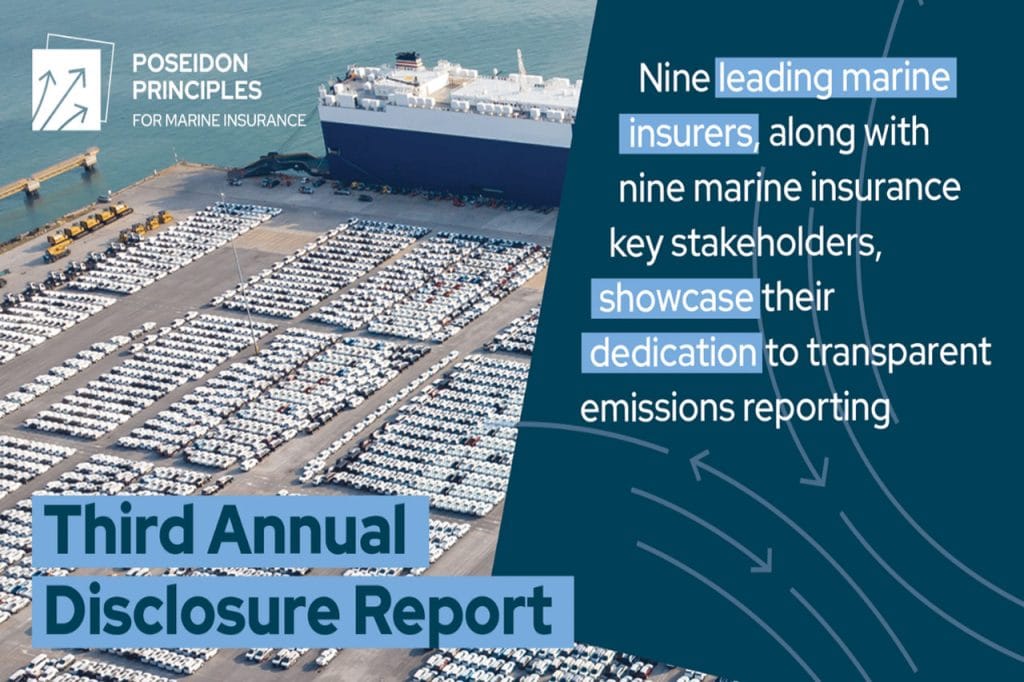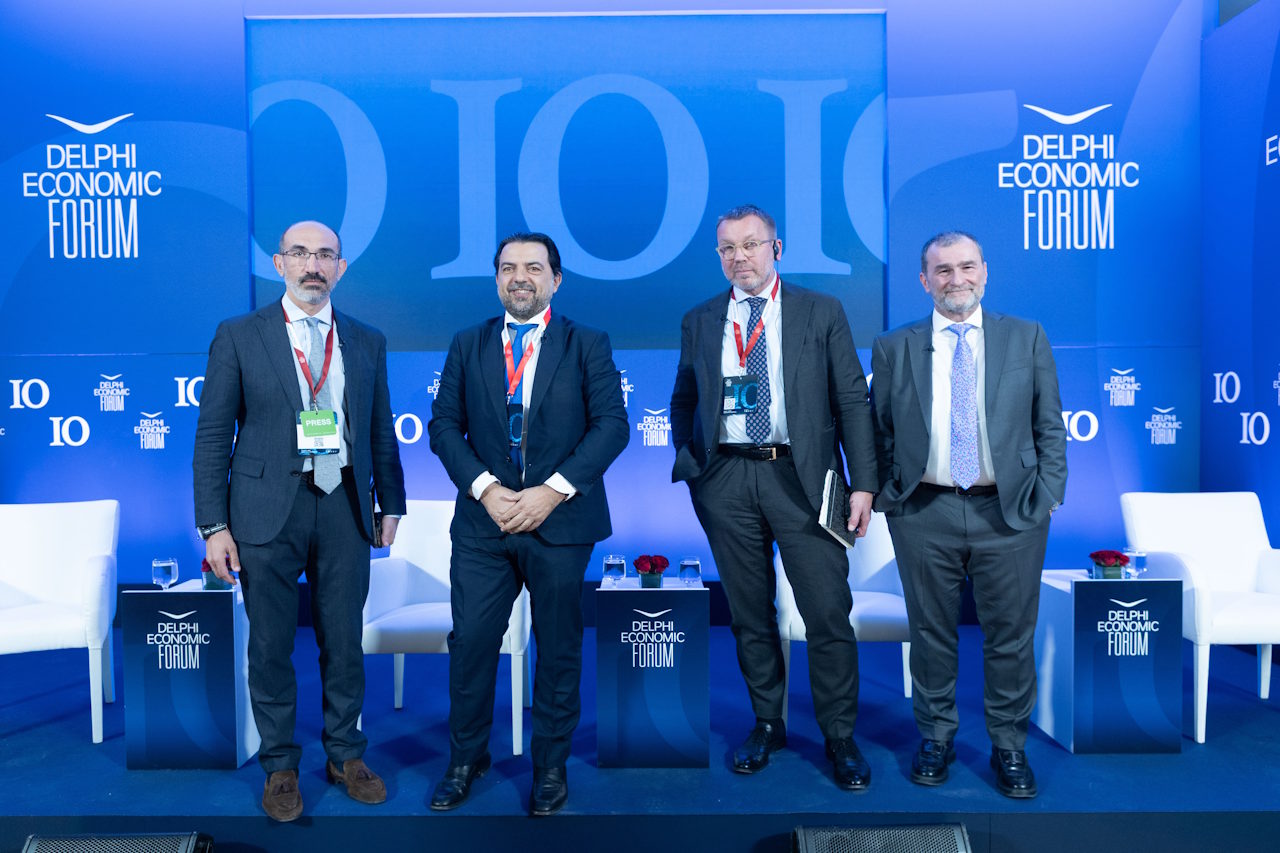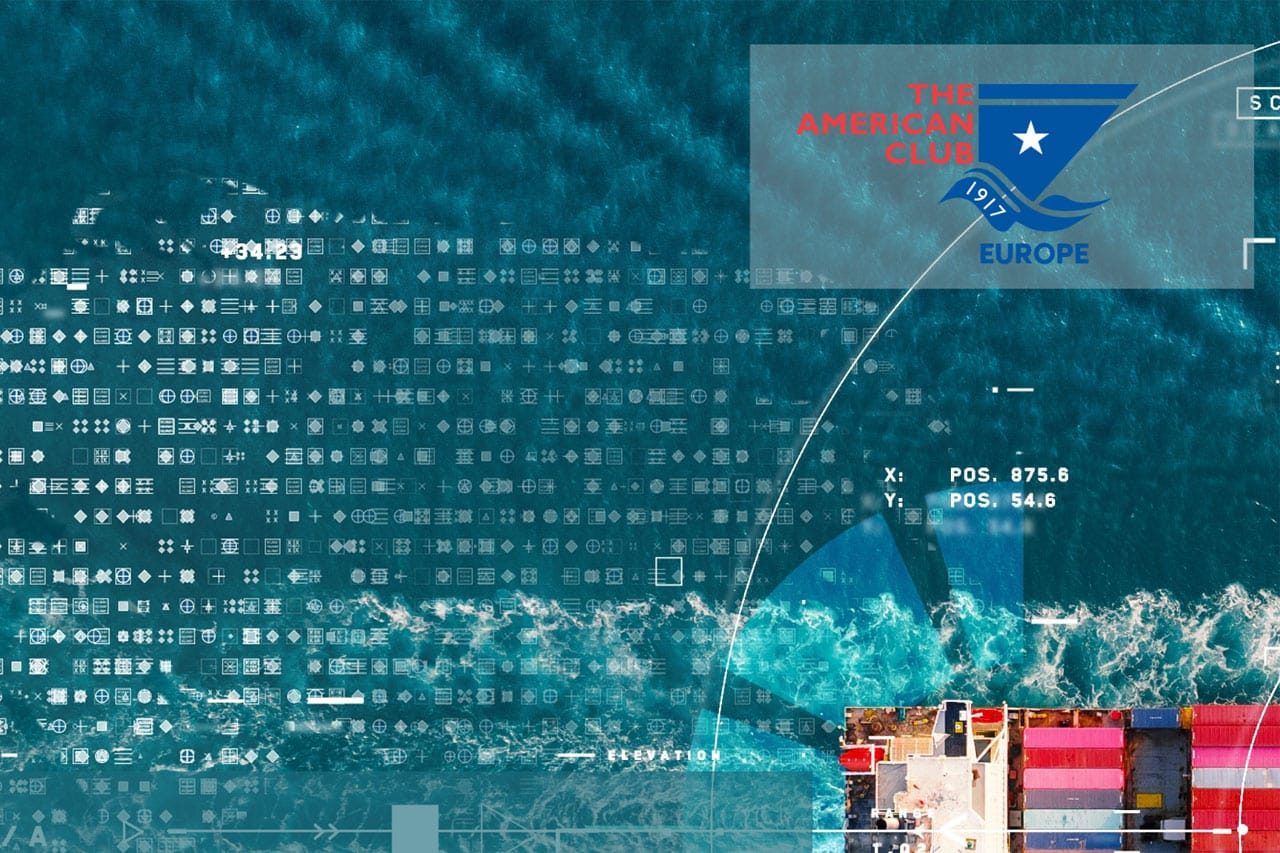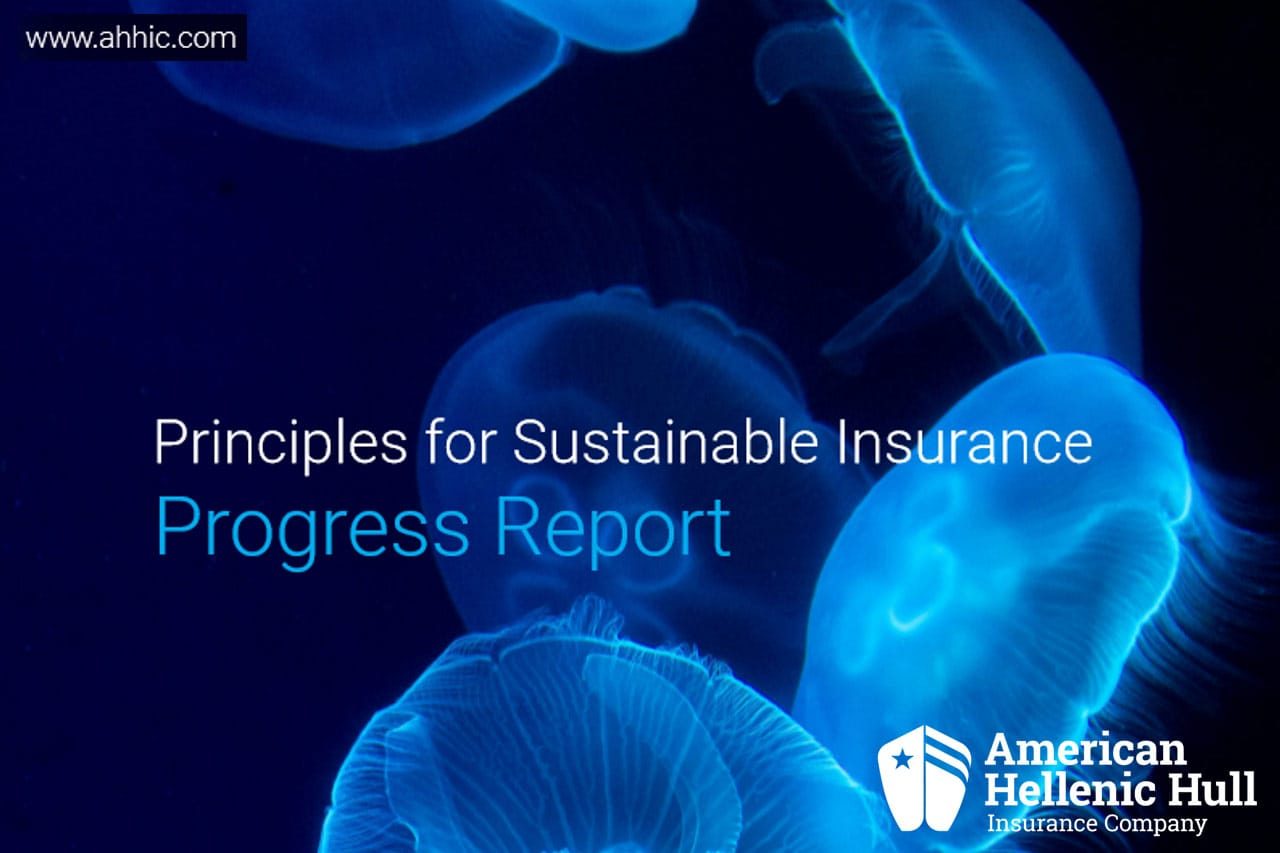The report brings together data from nine insurers and nine affiliate members across ten countries, all aiming to align with the IMO’s goal of reducing GHG emissions by 2050. This global framework helps marine insurers, and their partners track and manage the carbon footprint of the vessels they cover.
Empowering Future Maritime Leaders
While the majority of participating insurers were found to be more than 20% off track from the IMO’s climate targets, Hellenic Hull Management stood out as the only signatory to report results already aligned with the decarbonisation pathway—setting a positive example for the marine insurance industry.
“This year’s results show that we’re moving in the right direction,” said Ilias Tsakiris, CEO of Hellenic Hull. “Despite global turmoil and various geopolitical tensions, marine underwriters should not lose focus on achieving a better future through more environmentally sustainable shipping.
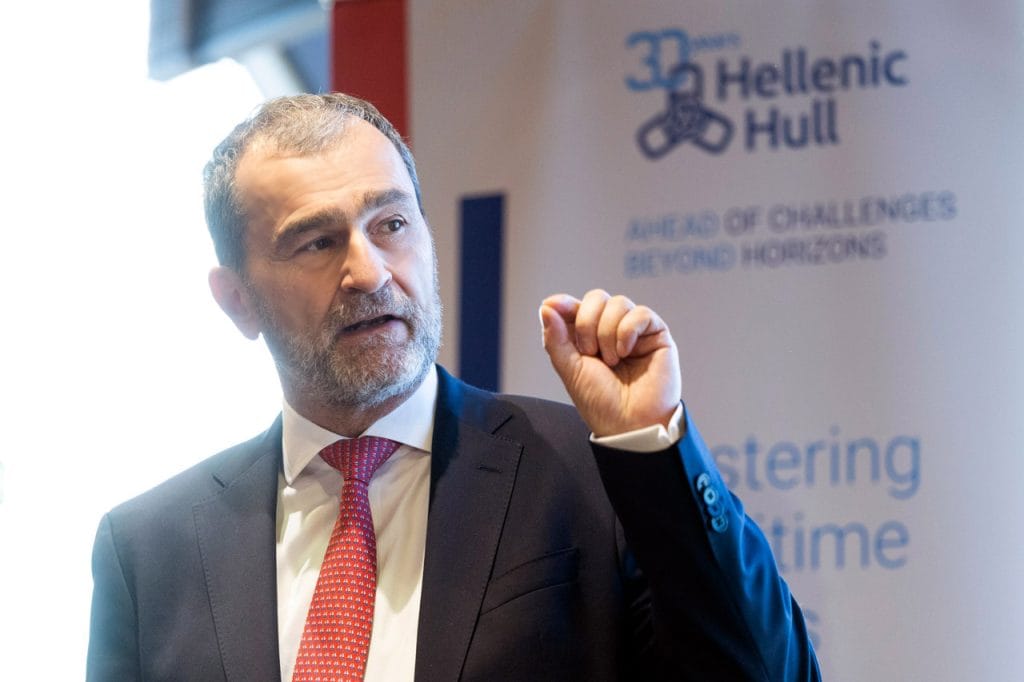
In an ever-changing world, resilience is a defining factor for progress. For 30 years, adaptability has not just been a strength at Hellenic Hull—it is a core value embedded in the company’s DNA, passed down from one generation to the next. Our commitment to the Poseidon Principles for Marine Insurance, sustainability, ethos, and responsible underwriting remains steadfast.
Looking beyond the horizon is only possible when we ensure a sustainable future.”
The PPMI helps insurers track the emissions linked to their insured fleet. While reporting is voluntary, it’s becoming an important tool for pushing the industry toward greener practices.
The companies that took part in this year’s report, are covering over a quarter of the world’s fleet. New methods made reporting easier and more accurate, helping insurers better understand their climate impact.
Hellenic Hull’s strong results send a clear message: with focus and commitment, the marine insurance industry can play a key role in building a more sustainable future.
